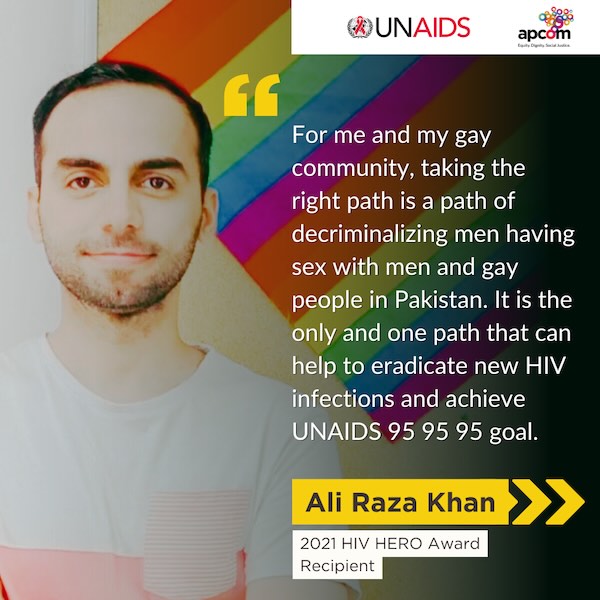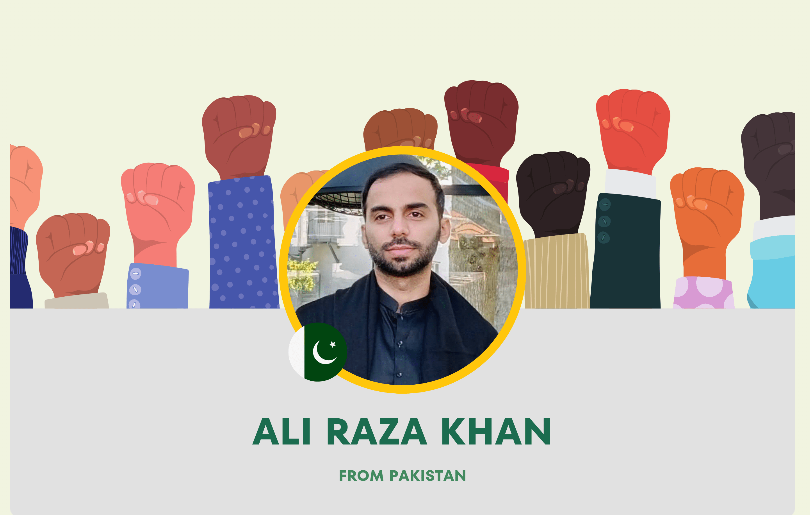Category: My Research : Knowledge and Information
-

Play U=U Shield of Science: A New Interactive Artivism Experience by Ali Raza Khan
As a gay individual living with HIV and a dedicated activist in Pakistan, my work has always sat at the intersection of research, activism, and art. Today, I am proud to announce the latest piece of my digital “Artivism” portfolio: The U=U Shield of Science Game. In a country where HIV stigma is often fueled…
-
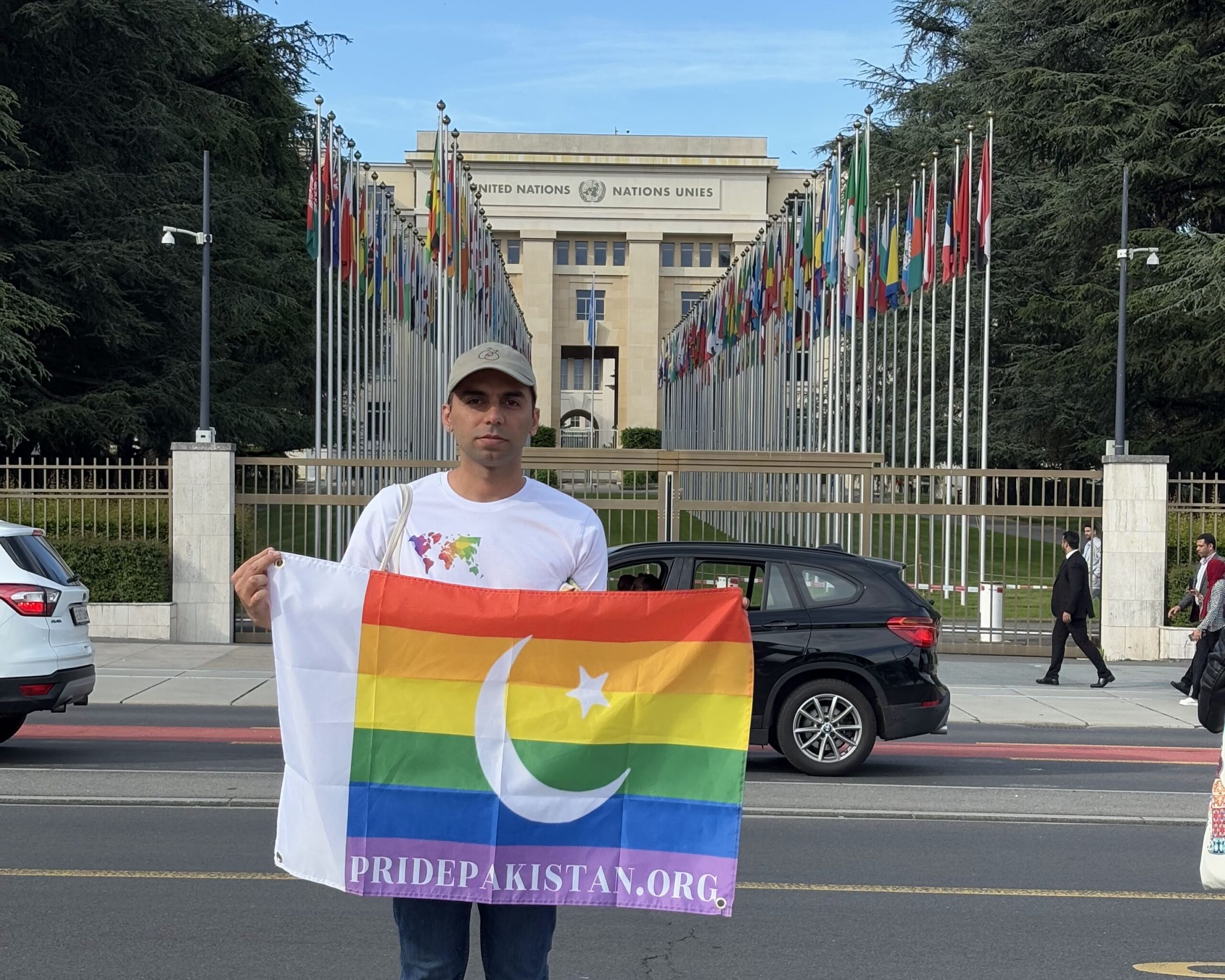
The Closing Walls: How Global Indifference is Fueling Pakistan’s War on its LGBTQI+ Community
By Ali Raza Khan Ali Raza Khan is a steering committee member of TheYouthPACT, an HIV-positive gay activist, and lives with PTSD. There’s a particular kind of silence that haunts you when you live at the intersection of identities the world wishes to erase. As a gay man, as an HIV-positive person, as an activist…
-
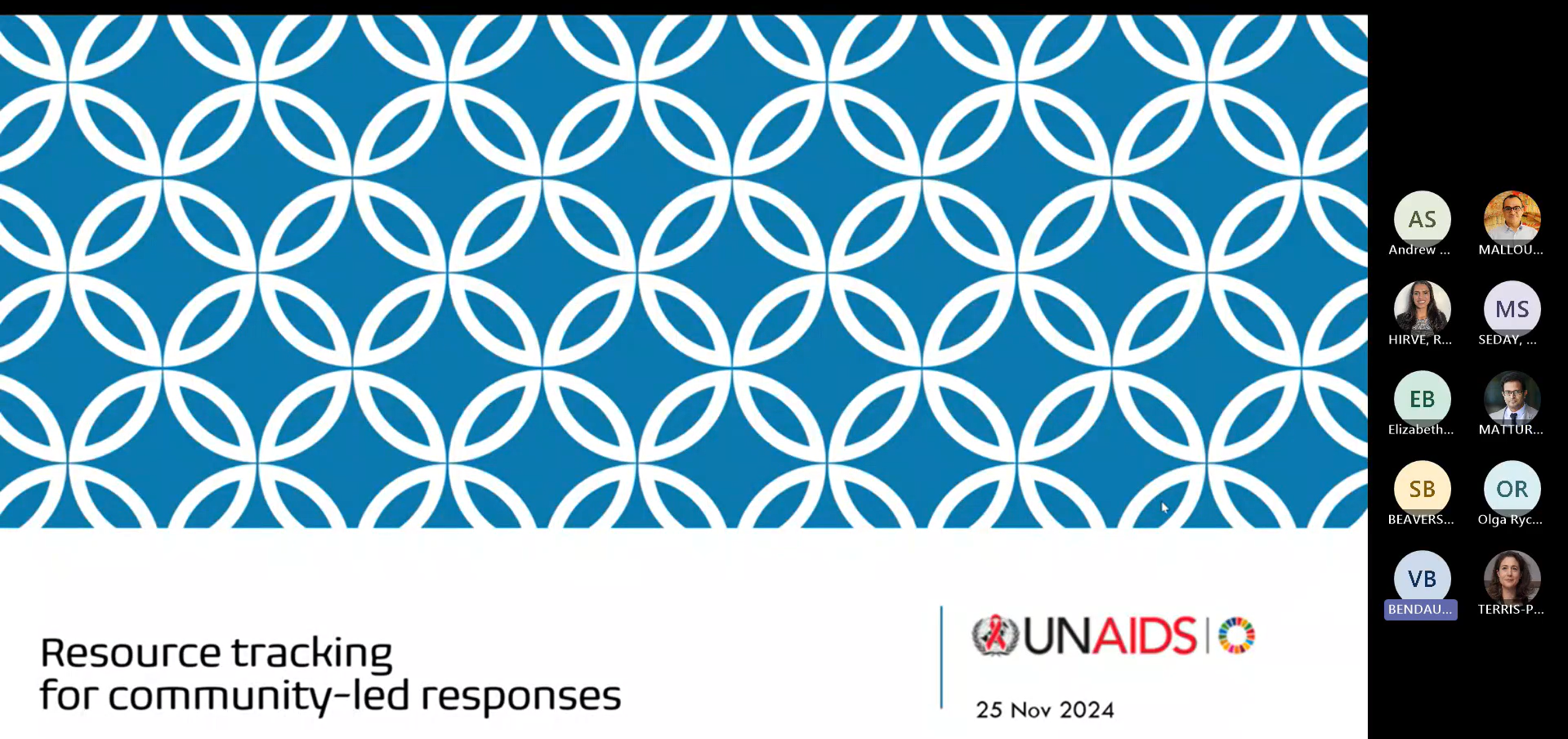
Ali Raza Khan Member UNAIDS Advisory Group on Monitoring the 30-80-60 Participated in Financial Data meeting
Exploring Financial Data as a Proxy for Monitoring Community-Led HIV Response This discussion focuses on the use of financial data to monitor the effectiveness of community-led HIV response efforts, specifically in relation to the 30-18-60 targets. The conversation builds upon a previous discussion in March, where Deepak presented initial findings on using financing data for…
-
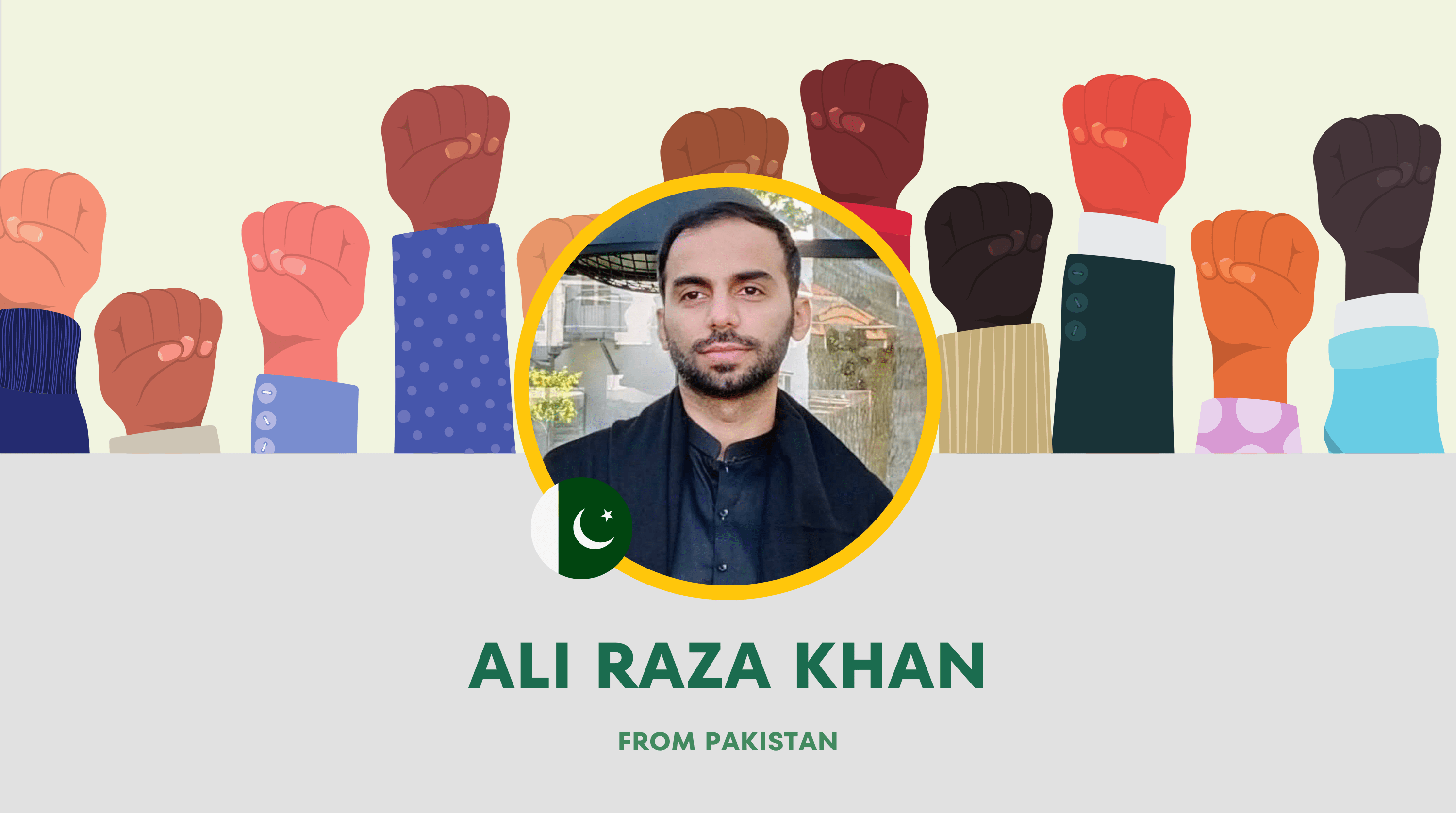
Advancing Religious Equality: Ali Raza Khan’s Groundbreaking Research on Youth Behavior in South Punjab
As a dedicated minorities rights activist and researcher, Ali Raza Khan has been at the forefront of advocating for religious equality and peace in South Punjab, Pakistan. With a deep commitment to fostering understanding and inclusivity, Ali recently conducted a research project titled “The impact of the curriculum and interaction with diverse groups of people…

